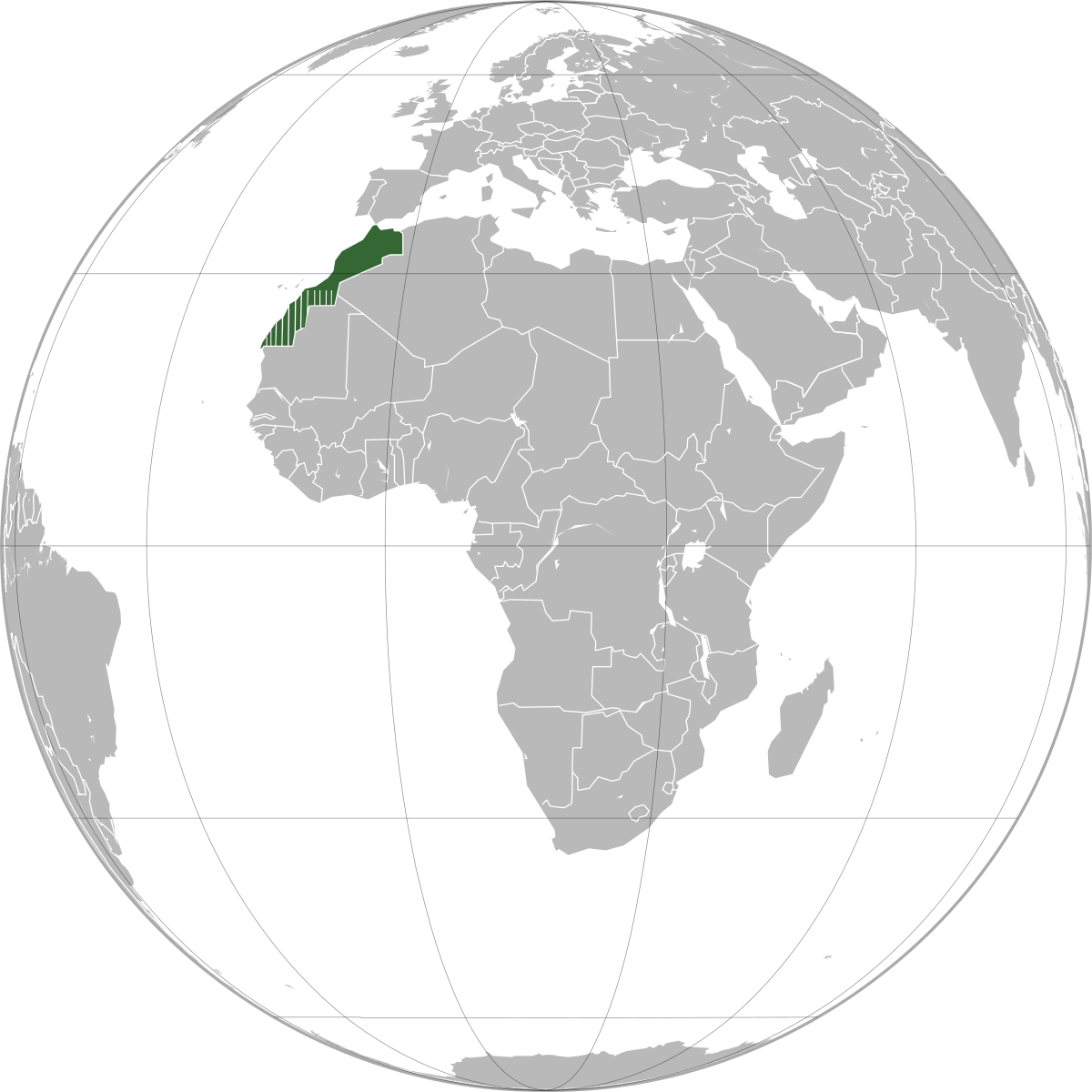The BBC Apologizes After Asking Gay and Outing Questions in Dangerous anti Gay Morocco
 |
Written by Sophie Perry
The BBC has issued an apology after one of its journalists probed the Morocco women’s national team captain with a potentially dangerous question about gay football players.
During a Women’s World Cup press conference before Morocco’s opening game against Germany on Monday (24 July), a reporter from the broadcaster asked captain Ghizlane Chebbak: “In Morocco, it’s illegal to have a gay relationship. Do you have any gay players in your squad and what’s life like for them in Morocco?”
The question – which had the potential to out and endangers players if any on the team were gay – was met with visible disbelief from Chebbak.
The press conference moderator refuted the question, saying it was “political” and reporters should “just stick to questions relating to football”.
The unnamed journalist, however, hit back and claimed the question was not political but “about people”.
In Morocco, homosexuality is punishable with a prison sentence between six months and three years and a fine of up to 1200 dirhams, with LGBTQ+ people also facing state-enforced censorship and no protections from discrimination.
The journalist who effectively asked Chebbak to potentially out her teammates was quickly blasted by fellow reporters, pundits, and fans alike for the inappropriate question.
CBC sports journalist Shireen Ahmed wrote on Twitter that she was also at the press conference and said the BBC reporter was “completely out of line”.
Ahmed wrote: “Asking a player about her teammates and whether they are gay and how it affects them when you know it is not permissible is bizarre and out of line.
“The captain can not out players nor comment on policy bc it could be dangerous for them, too.”
She added: “The question also reeks of privilege from a journo who should know better. I told him that – emphatically.”
Steph Yang, a soccer sports writer for The Athletic who was also at the press conference, also noted the question was not “appropriate” from a “harm reduction perspective” as it “would have endangered the players themselves”.
“We are obviously going to talk about the intersection of politics and sports at this World Cup, and it’s vital to do so,” Yang continued, “But we should take care that our questions don’t cause further harm to those impacted by those very politics.”
Danielle Warby, a content strategist and advocate for women in sports, called the question a “how not to journalism”.
“This is why we fight for diversity in sports media,” she said.
“This question puts these players in danger. Those of us who have been there, know this.
“Those who haven’t shouldn’t know better even if they did parachute in with no knowledge of women’s football culture.”
In response to the backlash, a BBC spokesperson issued a short statement, which falls short of a full apology, which was quoted by CNN: “We recognize that the question was inappropriate. We had no intention to cause any harm or distress.”
Morocco lost their opening match against Germany 6-0, they next face South Korea on Sunday (30 July).
OriginallyPublished on Pink News
Comments